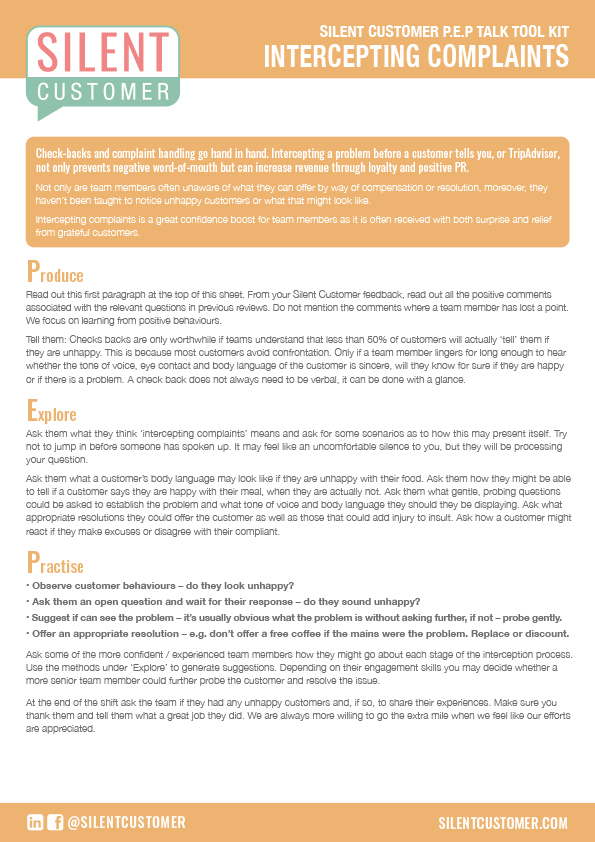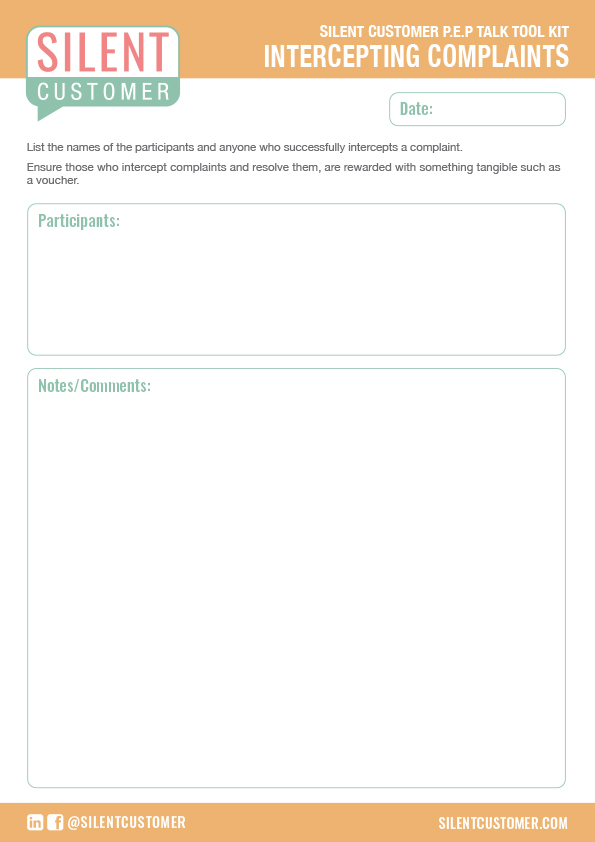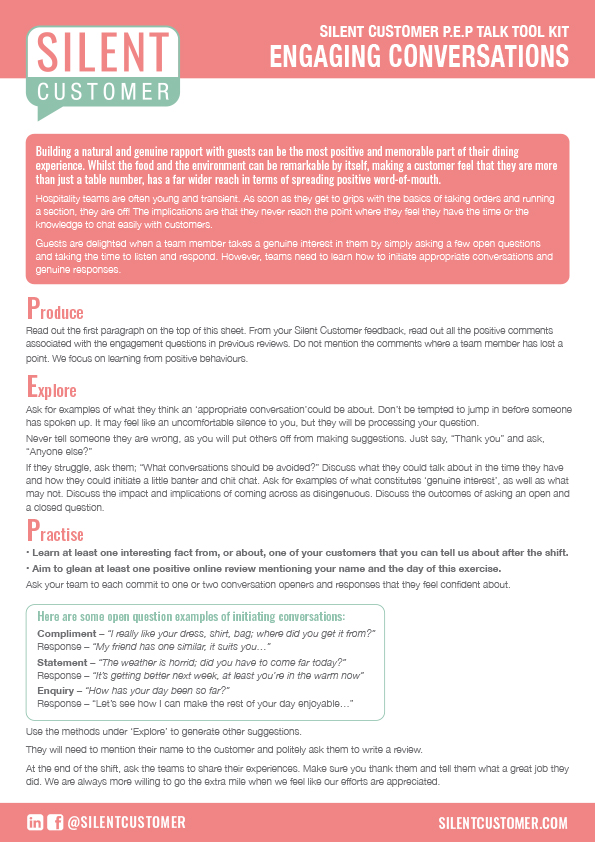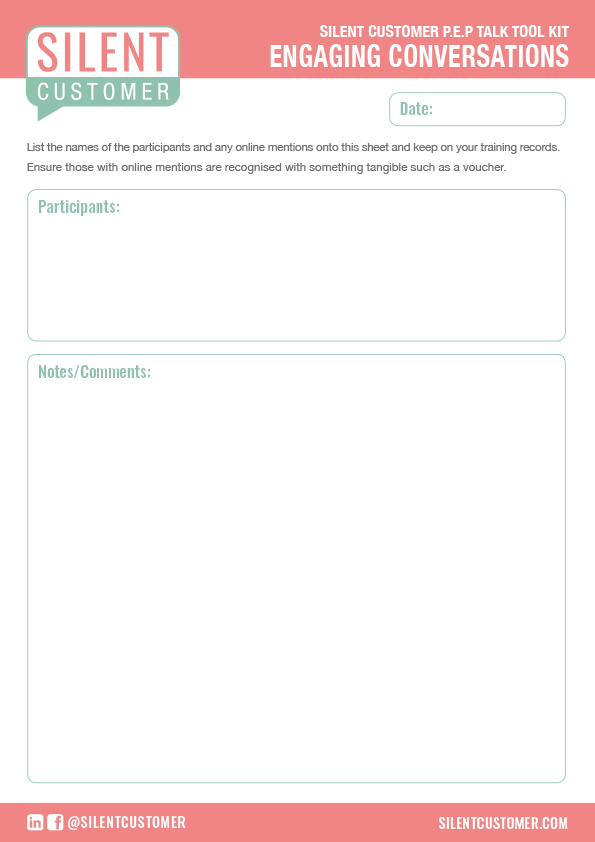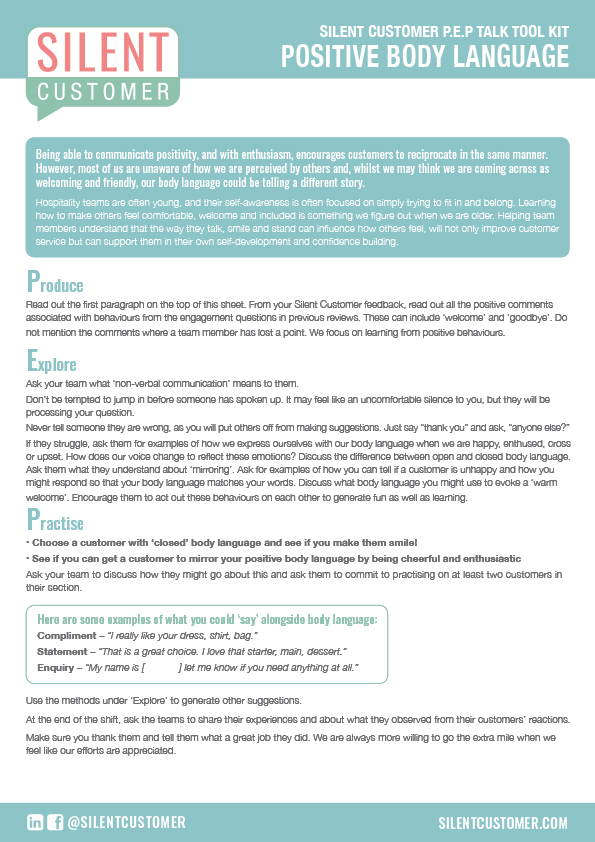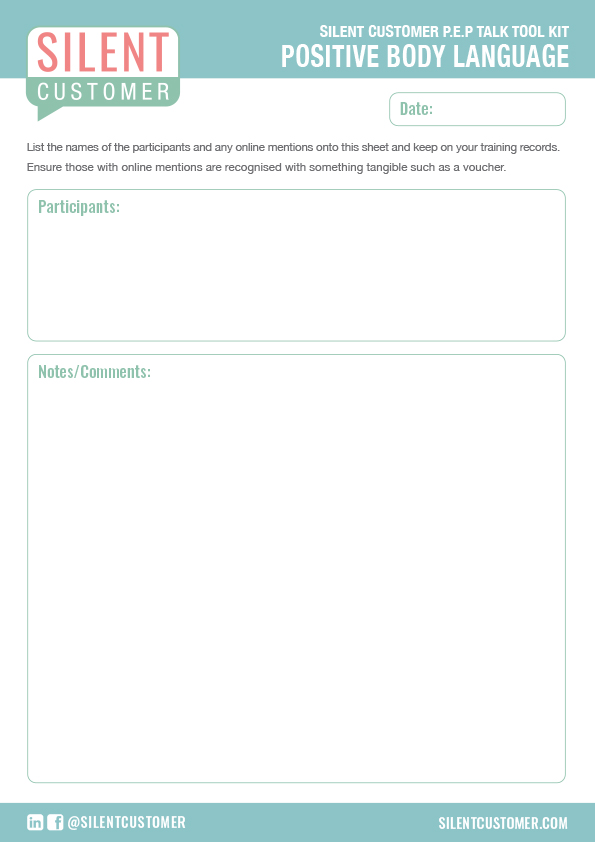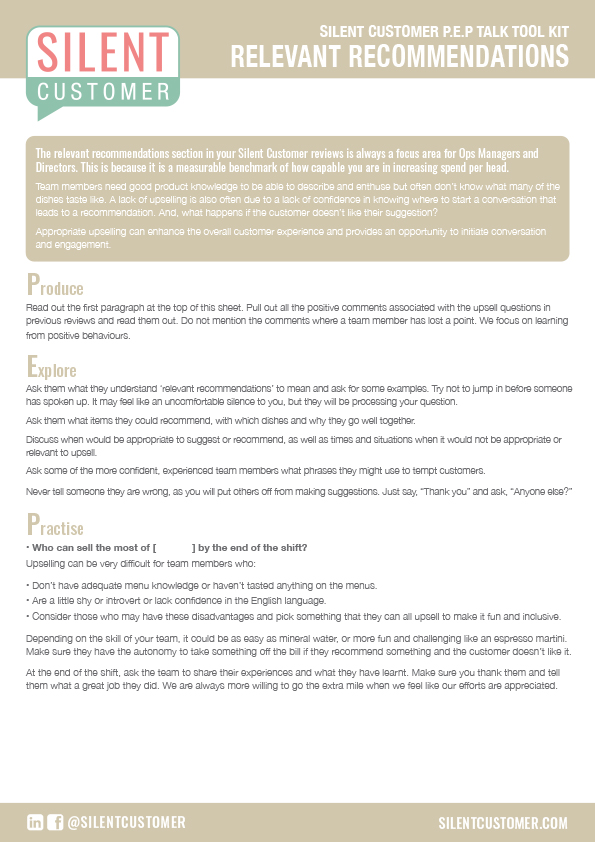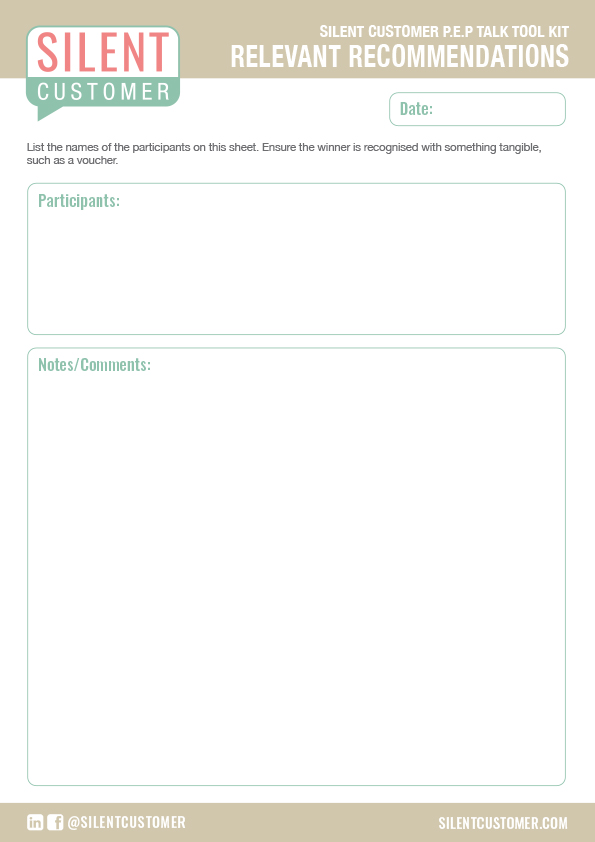Receptionists are the ambassadors for a business, they are the first and last point of contact a customer has. They have the ability to build loyalty and revenue, but they also have power to do the opposite.

We provide our mystery dining services for flexible office space FORA and over the years we have helped them recover lost revenue and identified ways to improve the service they provide to their members.
Not so long ago I booked a meeting space at one of their London offices. Their reception team was on the floor of their space but the building itself had a different reception team, the company of whom I didn’t know.
This receptionist was akin to the Gestapo: Abrupt, unsmiling, unhelpful, and rude. Her directions were so quickly relayed that I ended up on the wrong floor, wondering the corridors of another business. When my meeting delegates arrived, the first thing they relayed was their remarkable interactions with this same woman.
I am happy to say the FORA team were delightful!
However, this woman was the first point of contact for every person that walks through the door; every single potential customer, client and member of every staff member and service user. Frankly, that she even passed the interview process is unbelievable in itself but that she continues to hold such a job of responsibility is beyond me.
Who is to know that that receptionist isn’t employed by the business they are there to visit? It seems a shame that FORA, who invest so much in their teams, are let down by the people their pay their rent to.
Facilities and building guest management is a very competitive market so I wonder why the businesses who share these spaces are so reluctant to complain.
Every business has ‘receptionists’.
Receptionists are not only team members who sit behind a desk. They are anyone who are your customers’ first point of contact, whether that is on the phone, email, online chat, or at the door. First impressions count. They set an expectation of what is to come, how that business is run and the level of care that the owners take with insuring they have a team who understand the importance of their employment.
Check your customers are receiving a warm reception with mystery shopping or dining
Mystery guests can assess the first impressions though recording call enquiries, emailing to book appointments and by visiting in person. Find out what impression your teams are giving and let us support you to helping them learn to be great ambassadors for your business. Don’t let first impressions set a bad impression!
Silent Customer’s Top tips for ‘receptionists’
Phone interactions.
Speak more slowly that you feel is comfortable. Often phones are answered with a welcome so quickly that it is impossible for the customer to hear a single word. There is no point announcing the name of the business or your name if it is garbles and unintelligible. Speak clearly and slowly so that the customer knows they have called the right business and doesn’t have to ask for your name again at the end of the call.
Smiling voice.
Record yourself on your smart phone. Talk without a smile and with a smile. You will see and hear the difference! Smiling instils a level of warmth, honesty and trustworthiness.
Positive body language.
Stand up straight with relaxed arms. Face forward, look up and make eye contact. Listen with your body not just your ears. Mirroring the energy of the customers body language will engage them. Or example: if they are quiet and introverted, match that, if you naturally very bubbly and theatrical tone it down a bit. Conversely, do the opposite of you have a customer who is very confident and overt.
Reading between the lines.
You don’t know why those customers are there, what kind of day they are having or what is going on in their lives. If they appear nervous, shy or irritated if you adjust your tone and your empathy levels you may just make their day a little easier. Kindness costs nothing.
Being proactive.
New customers are unlikely to understand the lay of the land or the protocol in your business . They may be late or nervous for an interview or meeting and taking instructions when they are distracted can can be difficult. Take the time to see if they are hearing what you are saying and check that they have absorbed your instructions and repeat asking, genuinely, if you can help with further.
Relevant ‘goodbyes’
Cheerily shouting out ‘have a great day’ to someone who is unsmiling and walking with their head down is not appropriate because they are purposely not engaging with their environment and you don’t know if they are in fact having a terrible day. A nod, a smile and a relevant hand gesture can be enough to show your appreciation of their visit especially if they are on the phone. A verbal goodbye and ‘thank you’ should be appropriate and mirror their body language.
Do you need to see the reception your customers are experiencing? Get in touch with us at Silent Customer and discover how we can provide mystery shopping insights that influence behavioural change.
Janet Wood: Founder Silent Customer

